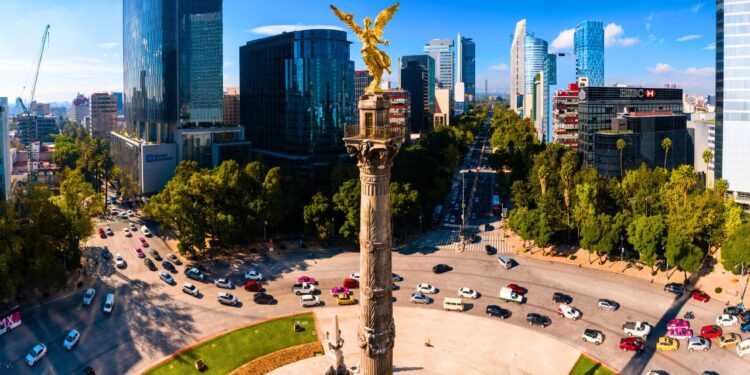Mexico City has become so popular with international travelers and digital nomads that the city is now imposing new regulations to curb the influx of workers.
The capital city recorded a 3% population growth between 2019 and 2023, with a 70% surge in Americans applying for or renewing residency visas. Its relaxed digital nomad visa requirements exacerbated this trend.
The newly announced rules put stringent regulations on short-term rental platforms in Mexico City, which could dramatically reduce the amount of housing available to digital nomads, forcing international workers to look elsewhere.
According to a report published by Reuters, residents in some neighborhoods throughout the city have expressed concerns for apps like Airbnb, Booking and Trivago, stating that these services contribute to the city’s gentrification and rising housing costs.
Ultimately, the mounting concerns led the city to finally introduce updated regulations targeting these short-term rental platforms — challenging businesses that cater to the digital nomad lifestyle to adapt to new standards of sustainability and community engagement.
According to a report published by Mexico News Daily, the new rules, which came into effect on April 4, require both national and foreign property owners to register their rentals with a new Registry of Technological Platforms, listing all the platforms they make available to tourists for residential use. Other requirements include reporting details like occupancy rates, data on complaints, and complying with local taxes, among others.
This regulatory update reflects the city’s efforts to manage the rising impact of tourism, which is reported to contribute over 9% to its economy.
Airbnb has expressed its willingness to cooperate with the Mexico City government, stating that its goal is to “maintain a balance in tourist activity, local economic impact, preservation of local cultural and natural heritage, and fostering local communities,” as reported by Reuters. Similarly, Booking has said it will evaluate the impact of the new law and has always supported transparent regulation in the short-term rental segment.
As Mexico City continues to grow as a hub for international tourists and digital nomads, the new regulations mark an important step in managing the future of work and travel in the city. By requiring hosts to register and report on their rentals, the government hopes to create a more sustainable and equitable tourism industry that benefits both visitors and local communities.
Mexico City isn’t the only destination having issues with the impacts from popular digital nomad visas, and the impact of the new regulations could serve as a blueprint for other places if it proves successful.
















